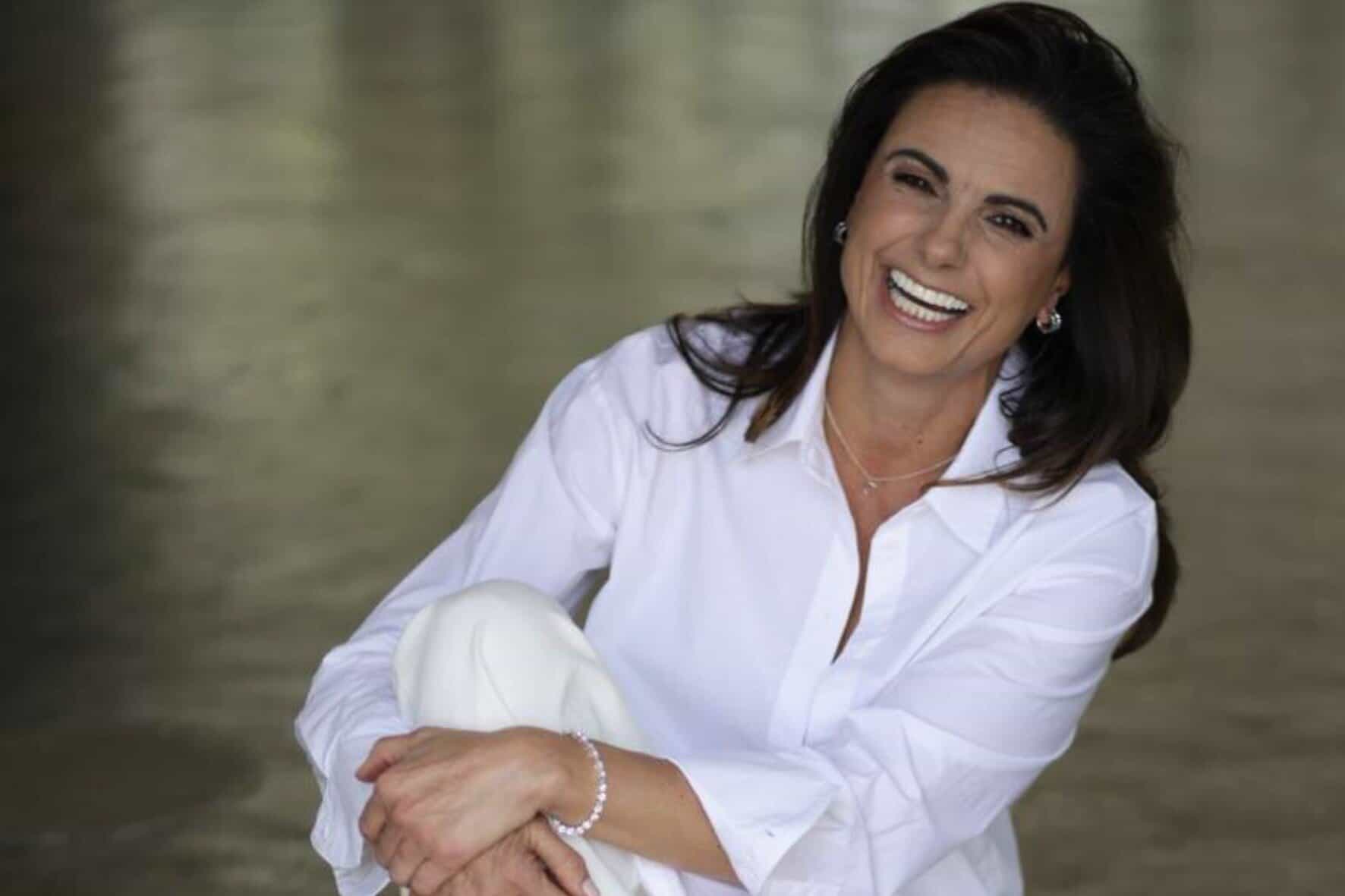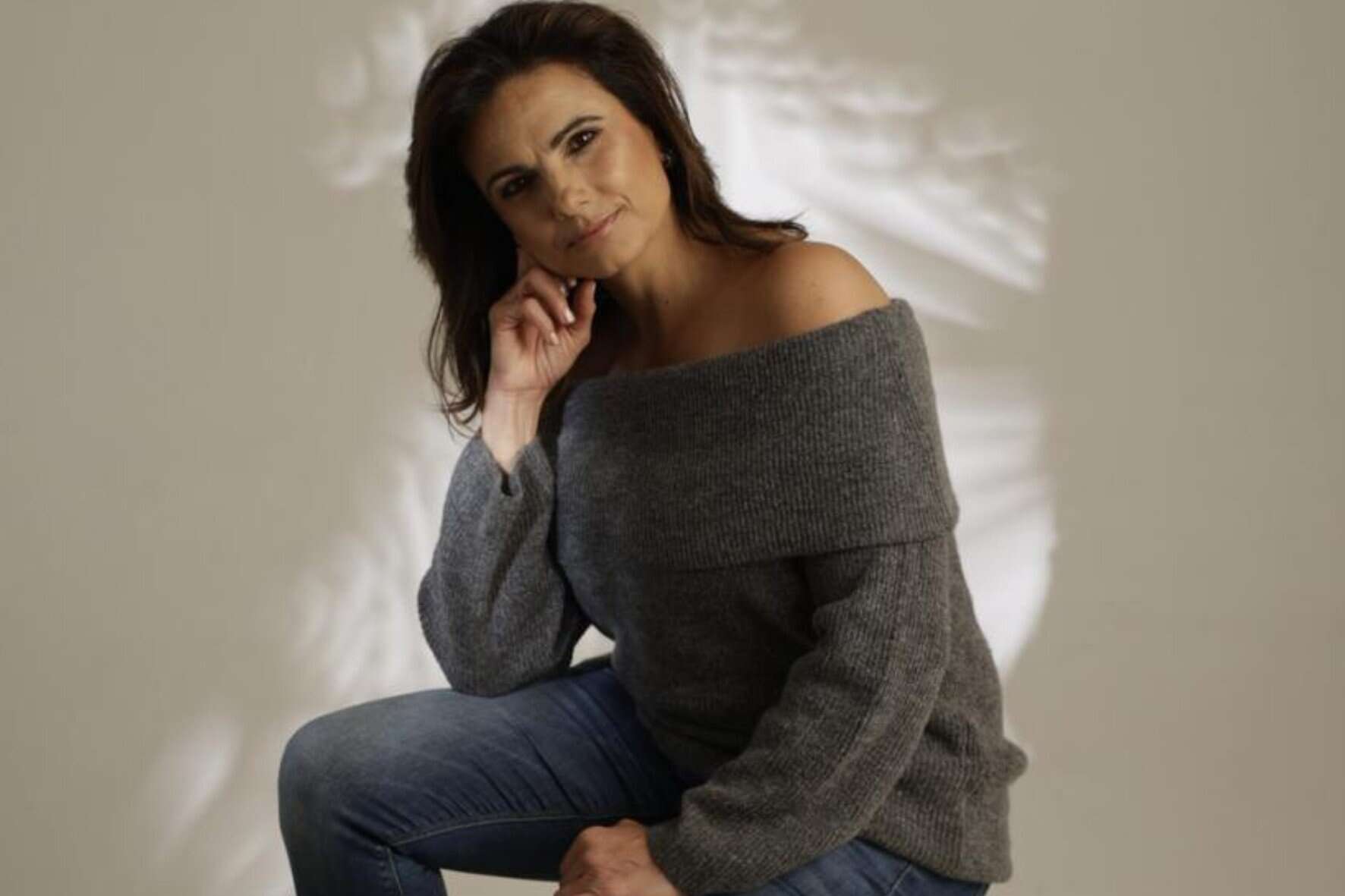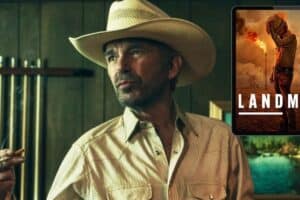Manas’ story is tied to some of South Africa’s most important moments in recent history.

Leanne Manas has been part of South Africa’s mornings for more than two decades, and to many of us, she is as familiar as the smell of AM coffee, an Ouma rusk, and the school run. For millions of people, that’s where their relationship with the breakfast anchor started. Morning Live has always been where families gathered at the TV before school or work to catch up on the latest news and actuality.
She’s one of the most recognised faces in the country, and after so many years, people don’t approach her for selfies in public anymore. They share memories. “They tell me about their parents or grandparents having watched Morning Live before school or work. It’s nostalgic for them. It takes them back to a different time in their lives. It’s an honour to be part of their story in that way,” she said.
Manas’ story is tied to some of South Africa’s most important moments in recent history. She has anchored the nation through its biggest triumphs and deepest crises, while keeping the country company through everyday mornings. The death of Nelson Mandela remains the most significant moment of her career. “It wasn’t just a national story; it was global. I was one of the first to walk past his body as he lay in state. Mandla Mandela was standing there alone. I hugged him, and it hit me that I was about to tell this story to the entire world. It was emotional beyond words.” That same year brought personal heartbreak when her co-anchor and friend, Vuyo Mbuli, passed away suddenly. “It was incredibly difficult to keep the show going while mourning a friend. Viewers had loved us as a team, and it was hard to hold the programme together through that loss.”
Some of SA’s biggest moments
Valentine’s Day in 2018 brought another tense broadcast. “We were waiting to see if Zuma would step aside. Nobody knew what was coming. I sat next to Peter Ndoro that night, and you could feel the country holding its breath.” She also remembered the uncertainty during Thabo Mbeki’s resignation, when her team was on an outside broadcast and had to scramble to find a signal to follow the unfolding story. And then there was the night last year when the ANC lost its majority for the first time. “Everyone expected a dip, but not those numbers. The mood in the studio was electric. You could feel the country shifting in real time.”
Also Read: Two South Africans, one laptop and a billion-rand travel company
It was really challenging to be in the news during the Zuma years. The SABC was not exactly free from the tentacles of state capture. “I refused to do those so-called captured breakfasts,” she said. “At the time, I knew something wasn’t right. I stayed because I believed in fighting for the integrity of the show rather than walking away.”
Manas said she has seen over the years how the news itself has changed. It’s become a flood of reportage across multiple platforms every second of the day. Social media, multiple channels, it’s mayhem. “I go to bed scrolling through headlines and wake up checking what’s happened overnight. It’s constant. There’s no pause button,” she said. “Years ago, you were told what the government wanted you to hear, and that was it,” she said. “There were no alternatives. Now there’s an explosion of information, and people are far more informed, but sometimes in the wrong way. Fake news has become one of the biggest challenges. The fight now is for truth,” she said.

The fight now is for truth
Social media and citizen journalism have blurred the lines. “Anonymous accounts push narratives, and suddenly there’s a whirlwind of speculation and hatred. People pile in without checking facts. You can’t rely on one source anymore. You need to read widely, dig deeper and always look for the other side of the story. There’s always another side.”
Getting away from work, because it’s news, it’s not easy. She finds balance in her family. “My kids are my light. Even on their bad days, they make me happy and take my mind off things.” Manas is also an avid padel player and got into the sport before it was a trend. “We discovered it during Covid. It was just the four of us in our family playing together when there was no socialising allowed. It was just fun. I introduced it to everyone I knew, and now it’s everywhere. I still love it.” At home, cooking is more practical than a passion. “I come from a family of incredible cooks, so I can cook well, but it’s not something I rush to do. When I have time, I enjoy making Lebanese food because it connects me to my heritage. But most nights, it’s about getting dinner on the table for the kids.”
In between, she still finds time to read and recently enrolled at the University of Cambridge for a course called Communicating for Influence and Impact. “I communicate for a living, but I want to learn how to do it better. In a time when people are bombarded with negativity and there’s so little leadership, I want to use my voice to inspire and uplift.”
Now Read: A slice of bush heaven that delivers more than just wildlife
Support Local Journalism
Add The Citizen as a Preferred Source on Google and follow us on Google News to see more of our trusted reporting in Google News and Top Stories.








